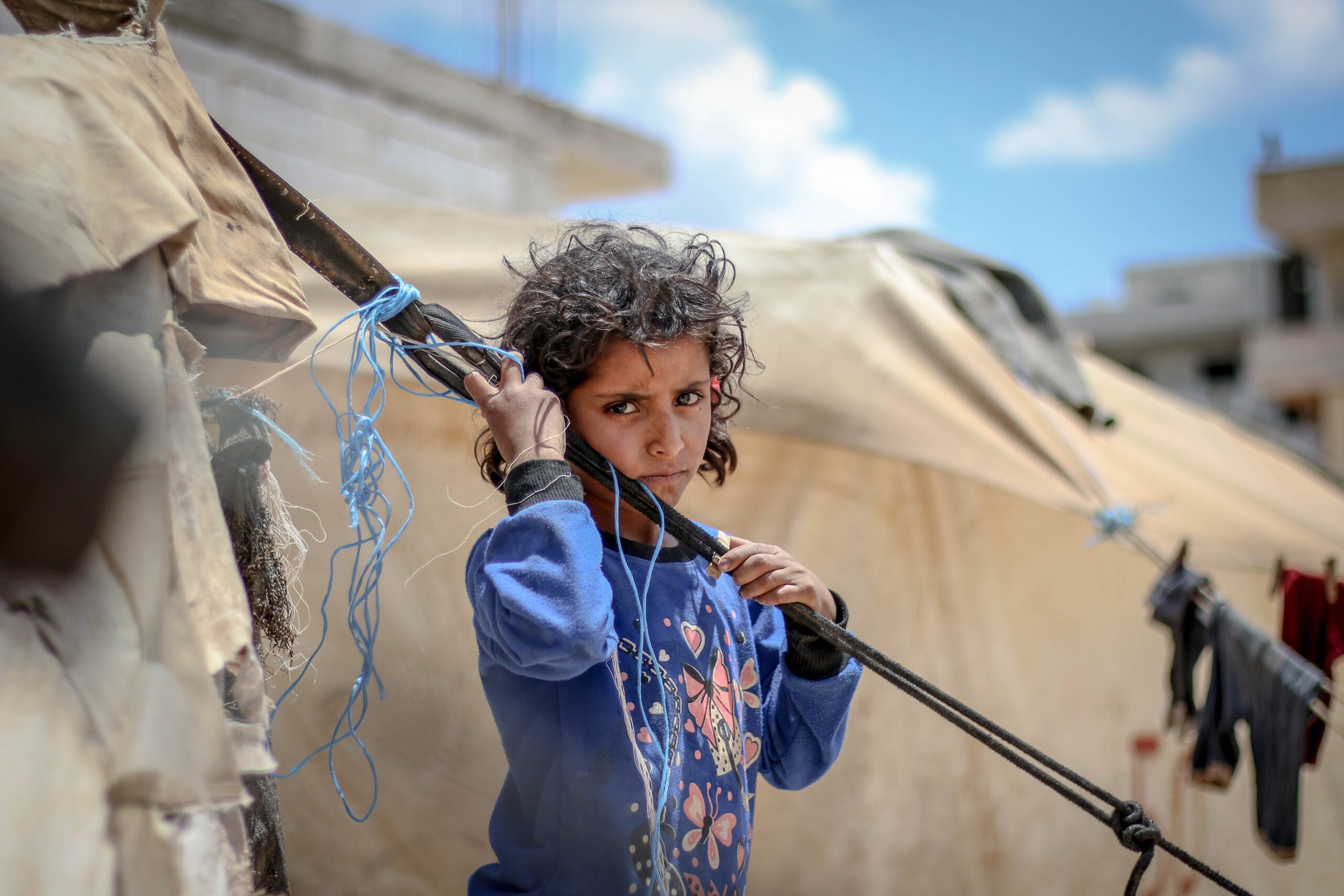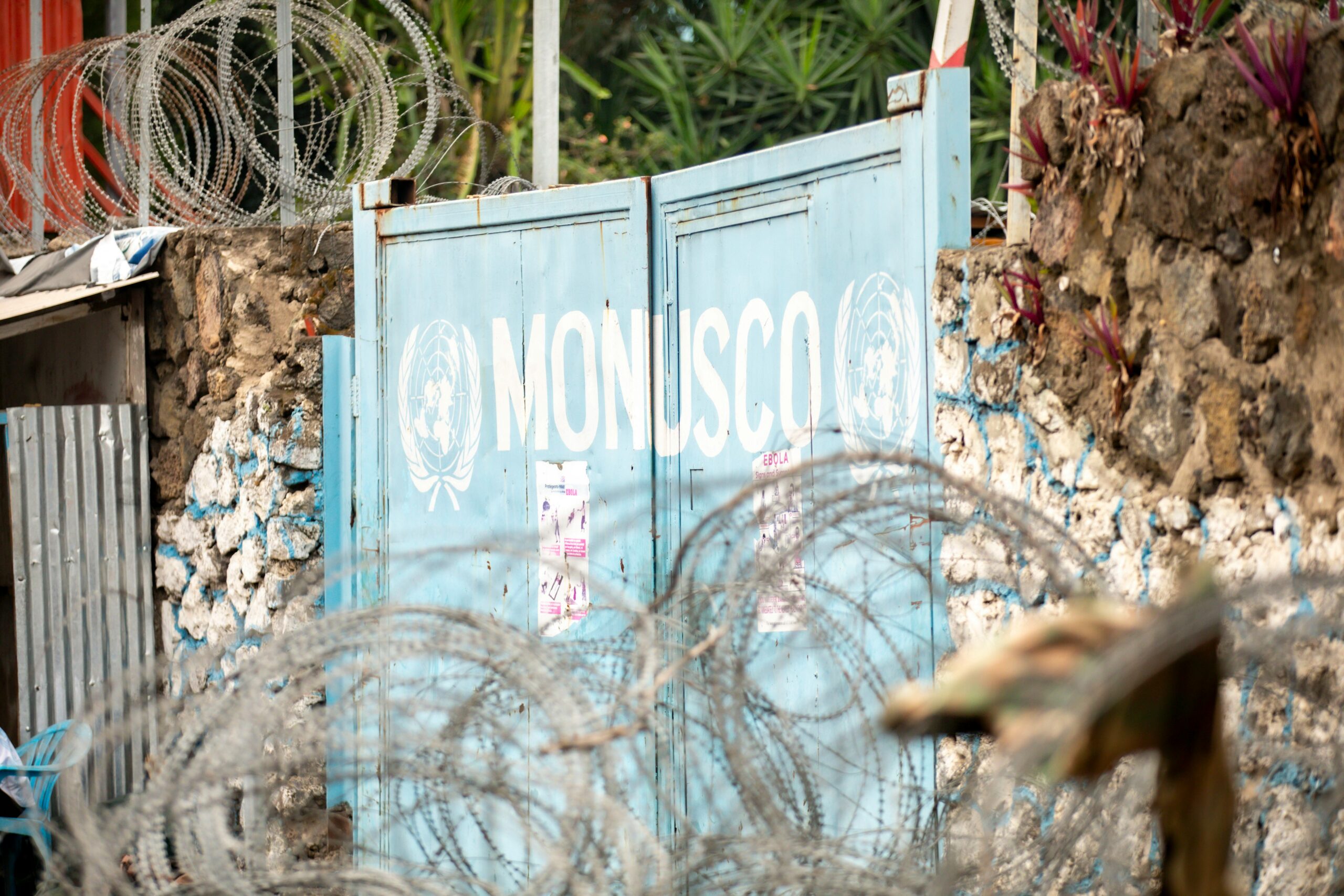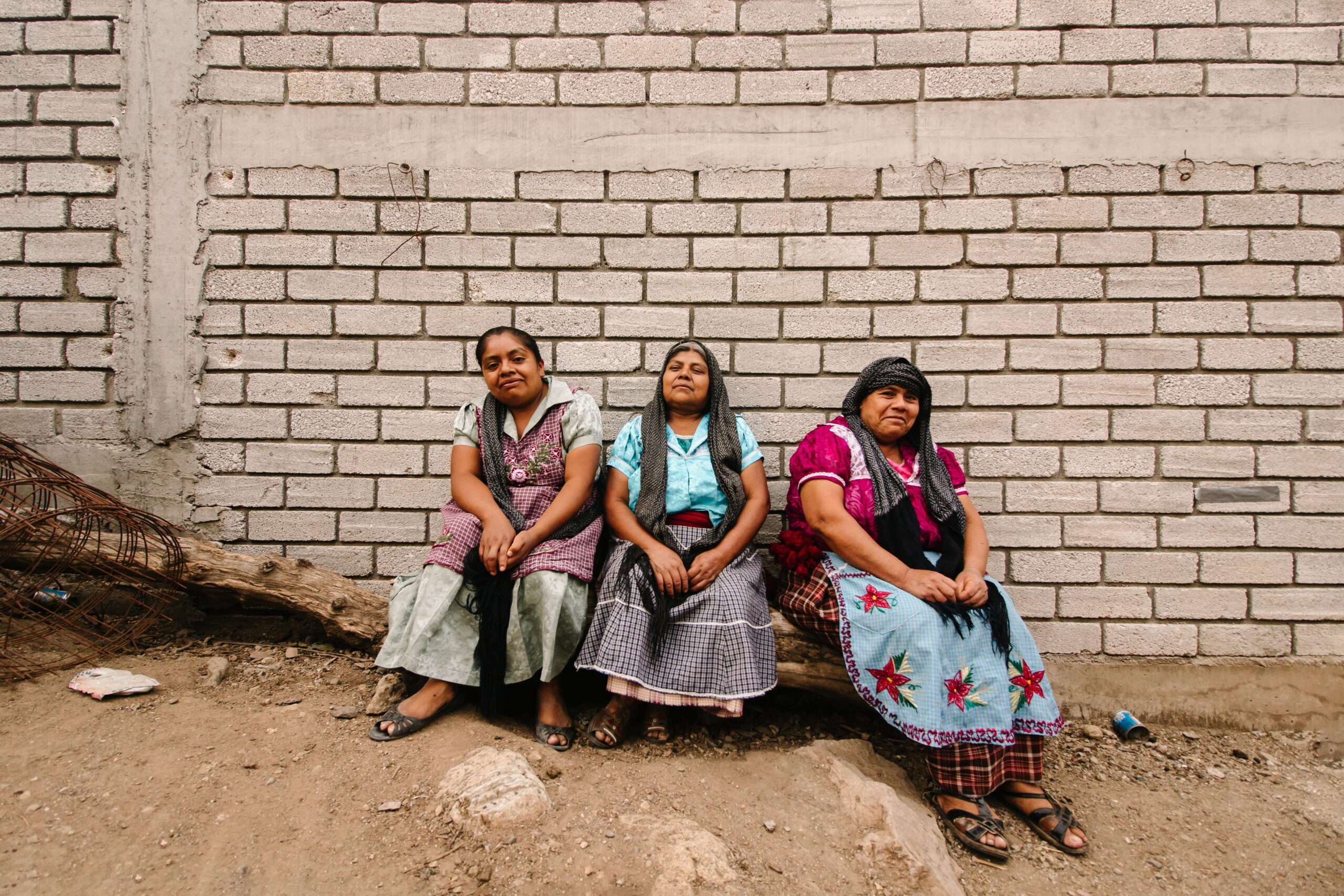By Tim Tinghammar Jönsson
In October 2014, the Swedish government became the first in the world to declare its foreign policy feminist. The policy was “built on the conviction that lasting peace, security and development never can be achieved if half the world’s population is excluded” and was “an answer to the discrimination and systematic subordination that still marks everyday life for countless women and girls across the world”.
A growing trend in humanitarianism – defined as the “internationalized attempt to save the lives, enhance the welfare, and reduce the suffering of the world’s most vulnerable populations” – is for governments to make humanitarianism part of their foreign policy arsenal. Sweden went beyond this, branding itself a “humanitarian superpower”.
And the Swedish government meant business. It described its foreign policy as “an agenda for change and results, meaning to strengthen the rights, representation and resources of all women and girls”.
But were all women and girls really included?
Political opposition noted how in the government’s first foreign policy declaration, oppression based on sexual orientation was only briefly mentioned, and the oppression of trans people was not mentioned at all. Although then foreign minister Margot Wallström assured that “many aspects of the rights of LGBTQ people are a natural part of the feminist foreign policy”, results showed otherwise.
In 2019, the government issued a 60 pages long summary giving the background, design, and effects of the policies. In the document, “women” are mentioned 359 times, and “girls” are featured 142 times. “LGBTQ” is featured only on four occasions.
This critique might seem cosmetic, but research says otherwise. In her article on decolonisation of development work, Chamindra Weerawardhana states that “when the terms ‘woman’ and “women” are referred to, they almost always imply cisgender women”. This creates an order where “gender equality is all about cisgender”. This action normalises the exclusion of the very
people said to be protected. “An excessive focus on gender binary continues to hinder global advocacy on LGBTQIA rights”, Weerawardhana says.
As for Sweden’s pioneering feminism, she was right.
A 2016 review of Swedish aid and development programs concluded that “in practice, transsexuals and intersexuals have not been reached by the measures”. And in November 2022, it was uncovered that multiple organisations practicing “conversion therapy” on homosexuals for years had received several million Swedish crowns in government aid.
When this news broke, the targeted community was not surprised. Pepe Julian Onziema, program director of the organisation Sexual Minorities Uganda (SMUG), said:
– We have warned about this for a long time. We have said to international partners giving aid that the support to these groups must be stopped. But sadly, we are seen as second-class citizens, even in an international context. Our voices don’t count.
There are more examples of how reality differs from the slogans in the Swedish government’s declarations. In his 2002 book, scholar David Rieff notes how humanitarianism “has become a tool of the state – and the militarized state in particular”. In Yemen, this rings eerily true.
Yemen is plagued by an almost decade-long civil war leaving two-thirds of the population in need of humanitarian aid. Sweden is a major donor, giving food, water, vaccines and more to millions of internal refugees – the majority women and children – through government funded aid.
The conflict has become a proxy war, with the government backed by a coalition of Saudi. Arabia, the UAE, Kuwait, and Bahrain – heavily armed with Swedish guns. Since the coalition started its heavy bombings in 2015, Sweden has sold guns to its members to a value of over $ 1 billion. In 2021 alone, the Swedish government exported guns to the coalition worth 17 times more than its aid to the Yemeni people. In other words, Sweden bandaged the wounds their own guns had inflicted, in an inferno called by Amnesty International “one of the worst places in the world to be a woman”.
While arming the regime in Riyadh, Sweden retracted its aid to Cambodia for showing “weak interest in democracy”. Weerawardha notes how the West are “judging countries across the Global South as either LGBTQIA-friendly or not, trying to ‘discipline’ when they fail to comply”. With policies “largely dependent upon geopolitical, diplomatic, and strategic priorities”,
however, the result becomes “some extremely homophobic and transphobic governments never receiving the West’s wrath in any form”.
Sounds familiar?
By declaring the world’s first feminist foreign policy, Sweden did break new ground. But on a closer look, the feminism preached was both exclusive and conveniently being pushed aside when in conflict with “higher” interests.
Chamindra Weerawardhana sees “a clear imbalance and inconsistency between the wellarticulated objectives of promoting equality and inclusivity, and the reality presents itself markedly different”.
In Sweden’s feminist foreign policy, this is made abundantly obvious.
Note: in October 2022, the newly elected right-wing Swedish government announced it would stop practising a feminist foreign policy.




